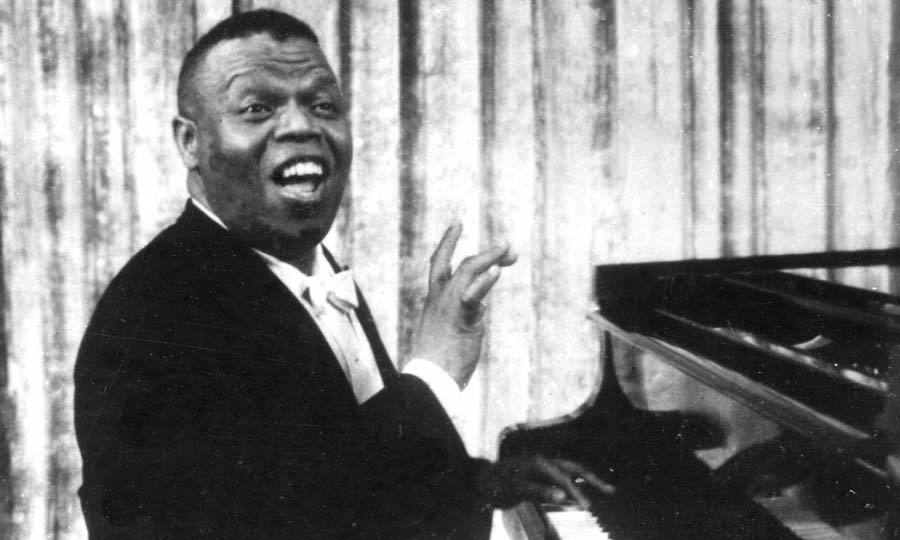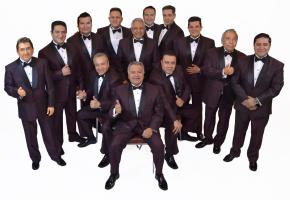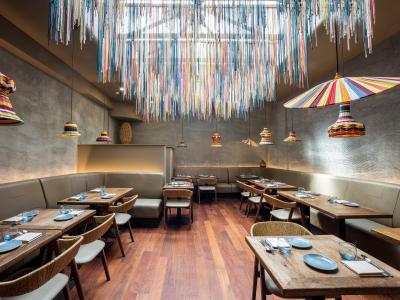Born in Guanabacoa, Ignacio's mother, Inez Fernandez, was an accomplished rumba dancer, and his father, Domingo Villa, a cook. Ignacio began his musical training at the age of 12, graduated from the Escuela Normal para Maestros in 1927, and studied at the Mateu Conservatoire of Havana. Yet, unable to attend University of Havana because of the colour of his skin, he worked as a chauffeur and took a job as a piano player at the Cinema Carral, a silent movie theatre in Guanabacoa, playing piano for the films.
His first major break came in early 1930. Playing the piano at the Biltmore Hotel Seville in Havana, Cuban singer Rita Montaner, well known singer and actress, saw him perform and asked him to play for her. They became frineds and Rita took him on tour with her as an accompanist in the early 1930s.
While on tour, another break came three years later in Mexico. Montaner (the headliner) was sick and could not perform, and Bola de Nieve substituted for her. He sang the afrocanción "Bito Manué," adapted from the famous poem by Nicolás Guillén and a legend emerged. It was after this performance that Montaner referred to him affectionately as "Bola de Nieve," a name he embraced humbly but proudly.
After the tour ended and Montaner returned to Cuba, Bola remained in Mexico, where he lived most of his life. He soon had his first solo performance at the Teatro Politeama. He developed an original and sophisticated cabaret stylist, mixed with ironic patter and subtle musical interpretation.
Earning a reputation, he began to tour widely in Europe and the Americas, and quickly and intelligently adopted a repertoire that included songs in French, English, Catalan, Portuguese and Italian. This enabled him to share the stage with all the big musical names of his time.
He was black and gay, and self-confident with it (though discreet about his homosexuality, he never denied it), disarming his audiences with a mix of humility, humour, charm and sophistication. He developed the style of a French Chansonier, never shying away from this Cuban roots and their he African influences. He earned an acceptance for what he was: a memorable talent and hence the admiration of his artistic peers wherever he went.
His close friends included a diverse range, from Andrés Segovia and Pablo Neruda. The fact that he surrounded himself with senstive and progressive artists indicated that he himself was more political than his happy-go-lucky facade indicated and he became a fervent supporter of the Castro regime. The contradition of living in a racsit world, yet his music celebrated was not lost on him: "Yo soy un hombre triste que me paso la vida muy alegre." (I am a sad man who passes my life very happily).
His music universalized Cuban musical culture, taking mambo, rumba and folk songs and making his own "Bola de Nieve" statement, celebrated in Europe, Asia and the U.S., as well as Mexico, Argentina and South America.
On August 20 1971, Bola presided over an homage to Rita Montaner at the Amadeo Roldan Theater. Less than two months later, on October 2, Bola died in Mexico City. He was buried in Cuba.
















